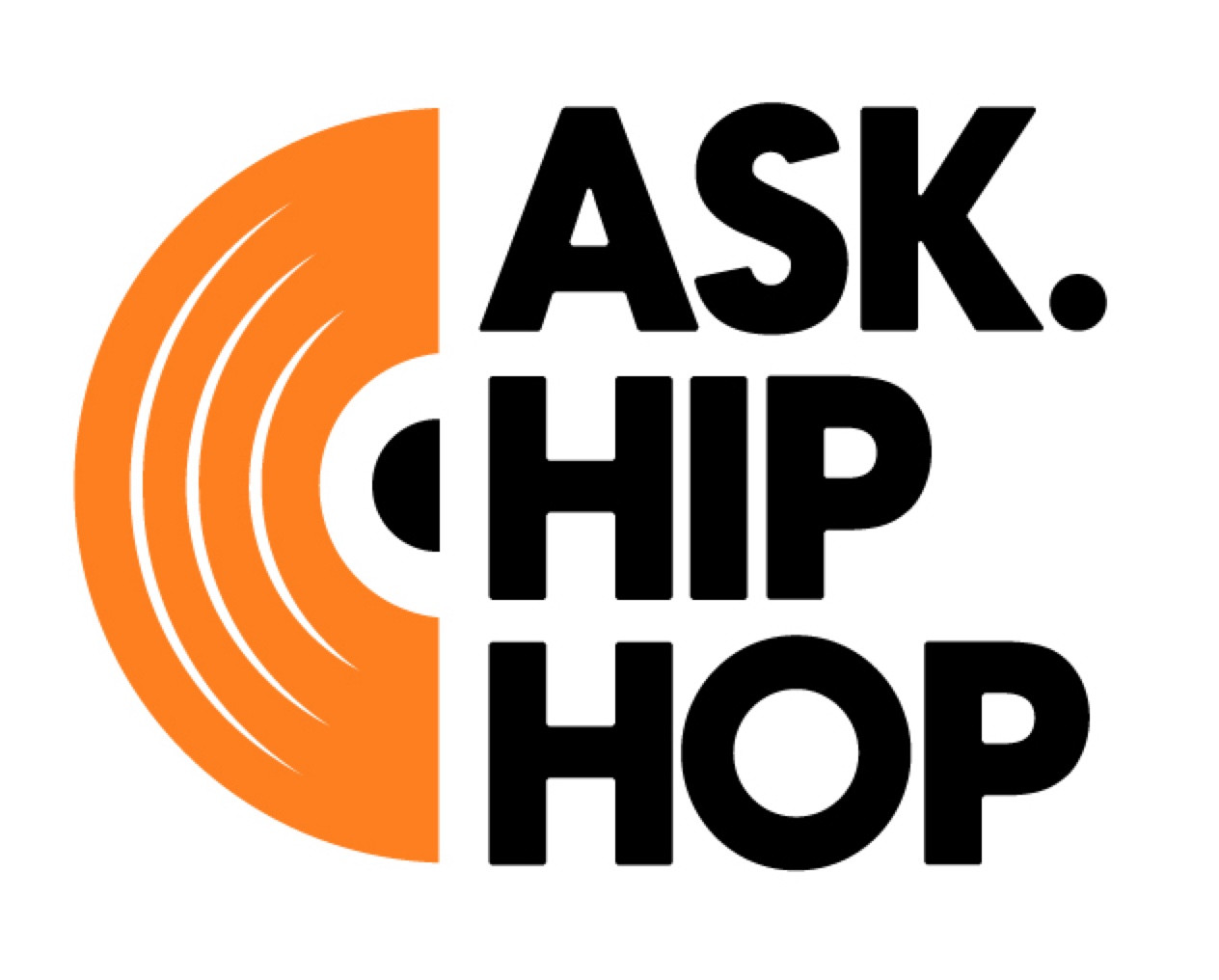The long-fabled story of Eminem’s signing to Interscope Records is often told through the high-profile roles of Dr. Dre and Jimmy Iovine, who played crucial parts in his rise to fame. Unfortunately, this narrative neglects the significant contributions of some unsung heroes in his journey—Rhymefest, Wendy Day, Dean Geistlinger, and Evan Bogart.
Wendy Day and the Rap Coalition
Most hip-hop aficionados are familiar with Eminem’s all-important appearance as a competitor in the 1997 Rap Olympics, but may not know how its founder, Wendy Day, became one of his early supporters.
Day formed the Rap Coalition, a nonprofit organization that was essentially an attempt to start a rappers’ union. The union’s three goals were to connect rappers with experienced attorneys who could help break their contracts, educate rappers on how to navigate the music industry without being taken advantage of, and promote unity. [1]
While attending a music convention in Detroit with Chicago rapper Rhymefest, he pointed out a white MC engaged in a cipher outside the Atheneum Hotel. [2]
“You should pay attention to this white boy,” Rhymefest told her. “He’s incredible.”
Though she wasn’t interested in hearing his music at first, she was thoroughly impressed when she played his cassette and decided to help shop his demo.[3]
The Rap Olympics and Early Recognition
The Rap Olympics was one of Day’s initial ventures to generate income. She recruited sponsors to support her concept of bringing lyricists from across the country to compete in a rap battle in Los Angeles, which was well-attended by A&R scouts.[4]
During the 1997 Rap Olympics, two Interscope employees, Evan Bogart and Dean Geistlinger, were impressed with Eminem’s freestyle skills as he earned his way to the final round.[5] Though Eminem lost the final battle to Los Angeles rapper Otherwize, Bogart and Geistlinger asked the discouraged artist for a demo.[6] [7]
The Turning Point: Dr. Dre’s Discovery
Interscope Label CEO Jimmy Iovine had passed on Eminem twice: once when Wendy Day sent in a demo and the second time when Eminem’s manager, Paul Rosenberg, did the same. When Iovine played the CD for Dr. Dre, who was visiting his home, the producer lit up with excitement.[8]
“What the fuck is that?” Dre asked. “Gimme that!”
Eminem stayed in town after the Rap Olympics and made a fiery national radio debut with a live freestyle on Sway & King Tech’s “Wake-Up Show.” The program aired on Los Angeles’ 92.3 The Beat and simulcast on San Francisco’s KMEL, along with nineteen other stations nationwide, showcasing Eminem’s talent to a broader audience.[9]
Eminem’s Loyalty and Final Breakthrough
A few days later, Day received a call from Eminem, who shared that Dre had discovered him, began recording tracks with him, and funding his hotel stay.[10]
Dre had also offered Eminem a recording contract on his Aftermath Entertainment imprint. While negotiating with the label, Paul Rosenberg consulted with Day, who tried to get Eminem signed to Interscope the previous year, but was denied by Jimmy Iovine.[11]
This time around, Aftermath/Interscope offered the rapper close to a $500,000 advance. Eminem had previously signed a long-term production contract with Detroit production duo Mark and Jeff Bass aka the Bass Brothers.[12] [13]
Now that Eminem would be working with Dr. Dre, Day felt it was time to move on from little-known producers.
“I found a clause in the contract where you can get rid of your production crew,” she told Slim. “Just cut them a check for a hundred thousand dollars and move on.”
“No. They believed in me when I didn’t have shit. They’re staying in there,” Eminem insisted.
Day was impressed with the young rapper’s loyalty to his cohort.[14]
Despite initial setbacks and rejections, the combined efforts of Rhymefest, Wendy Day, Dean Geistlinger, and Evan Bogart, along with Dr. Dre’s eventual support, culminated in a career-defining moment for Eminem. Their collective contributions not only facilitated his signing with Aftermath/Interscope, but also helped shape his path to becoming one of the best-selling artists of all time.[15]
[1]https://www.google.com/books/edition/The_Big_Payback/idYFcmXcRm4C?hl=en&gbpv=1&pg=PT716&printsec=frontcover&dq=rap%20coalition
[2]https://www.google.com/books/edition/The_Big_Payback/idYFcmXcRm4C?hl=en&gbpv=1&pg=PT729&printsec=frontcover
[3] Ibid.
[4] Ibid.
[5] Ibid.
[6]https://hiphopdx.com/news/id.64378/title.how-eminem-loss-at-1997-rap-olympics-ultimately-led-to-dr-dre-deal
[7]https://www.google.com/books/edition/The_Big_Payback/idYFcmXcRm4C?hl=en&gbpv=1&pg=PT729&printsec=frontcover
[8]Ibid.
[9] Ibid.
[10]Ibid.
[11] Ibid.
[12] Ibid.
[13]https://www.google.com/books/edition/The_Big_Payback/idYFcmXcRm4C?hl=en&gbpv=1&pg=PT729&printsec=frontcover
[14] Ibid.
[15]https://rockthebells.com/articles/eminem-10th-best-selling-artist-of-all-time/


